Frequently Asked Questions
Any other questions? Contact us.
Email
hello@futuraeggdonation.com
Phone
+1 (347) 329-1920
-
Tests include but are not limited to:
AMH test (bloodwork)
Physical examination
Blood, infectious disease and drug tests
Vaginal ultrasound, to examine the reproductive organs
Medical and psychological history - to discover your family health history
Genetic Testing (at-home saliva test)
Psychological Screening (in-office or at-home Zoom call)
-
Futura Egg Donation will protect the anonymity of donors who choose to donate anonymously. All donors are given a donor number which will be used to identify you.
-
Sometimes as parents, we seek a little more of a connection with the donor we choose to build a family from. Therefore, at Futura we offer a 15 minute phone or video call with you and the parent. One of our egg donor professionals will be responsible for initiating and moderating the call. But remember, that is only if you consent to be contacted.
-
Egg donors are required to use self-administered injectable medication leading up the egg retrieval procedure. Most donors report only minor symptoms, such as soreness or bloating during the donation cycle, similar to moderate PMS symptoms. Donor are carefully monitored to ensure there are no negative effects from the medication or retrieval procedure.
-
Our standard donor compensation starts at $10,000. Repeat and experienced donors are eligible for a higher compensation. A donor must complete all steps leading up to, and including the retrieval procedure, in order to receive the compensation. Donors are being compensated for the substantial time and effort that the process takes.
-
Futura Egg Donation usually requires that donors are between the ages of 20-30
-
Donors should live a healthy and responsible lifestyle, not use drugs, and not use tobacco for at least six months prior to the cycle.
-
No. Donors may not get tattoos or piercings in the six months prior to their cycle and until the cycle is complete.
-
Egg donors with children are preferred, but this is not a requirement for our donor program.
-
Egg donors must attend all appointments during their cycle. Timing is very important during a donation cycle, so it is important that a donor not miss an appointment. If an appointment is missed, it can put the cycle at risk. Additionally, appointments are used to monitor the donor’s health and check in with how the donor is feeling.
-
There is an increased risk of pregnancy and potential discomfort due to cycle medications, so donors are asked to abstain from sex during the two weeks when they are taking hormones and for at least two days post-egg retrieval.
-
The American Society of Reproductive Medicine recommends a maximum of 6 donation procedures.


